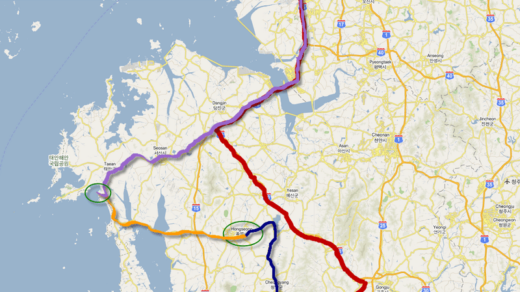In a previous post, I discussed plurals in Korean.
The word “plural” is associated with a group and a group is how Koreans view themselves.
In fact, one of the top banks in Korea (where I keep my money, in fact) calls itself “Woori Bank [EXPIRED LINK REMOVED: https://eng.wooribank.com/]”, meaning “Our Bank”….
Anyway, here’s where I’m going with this… Koreans love to use the words “we/us/our” to talk and write about themselves.
Even formal literature contains a lot of “we” expressions. For example, scientific and other academic papers typically use “our country” instead of writing “Korea.”
This happens on TV and just about everywhere else, too. Koreans frequently refer to “Korean” as “our language”.
But when I translate Korean documents into English [EXPIRED LINK REMOVED: http://uz9.25e.myftpupload.com/korean-to-english-translation/] , I translate “our country” as “Korea.” This just seems to communicate most appropriately to a non-Korean audience.
Still, other translators may take a more literal approach. You should keep this mind.
Furthermore, on an English>Korean project [EXPIRED LINK REMOVED: http://uz9.25e.myftpupload.com/english-to-korean-translation/], don’t localize the English word “Korea” to “our country.” Whoever wrote the source in English is not in a position to refer to Korea as “our country.” Thus, use the word for “Korea” on these jobs.
Best-Practice Tip – Don’t panic if you receive a Korean > English translation back that refers to Korea as “our country.” Just smile and marvel at how 50 million Koreans assume they’re the only ones reading or listening to whatever they’re writing or saying. People like me are making sure their little secrets get out!
For a bit more commentary on this, check out “Korea, Our Country (우리나라)”.



